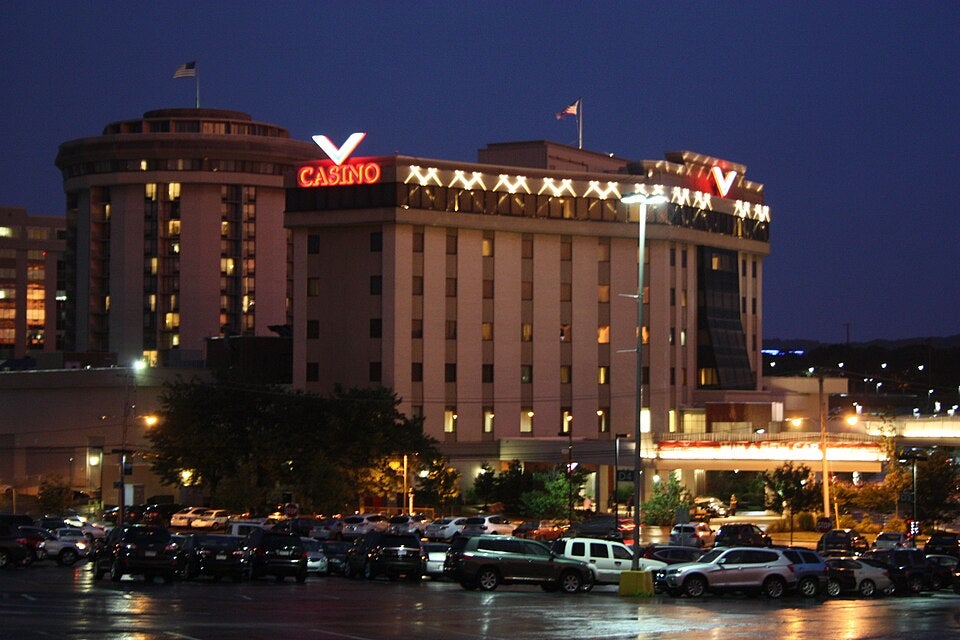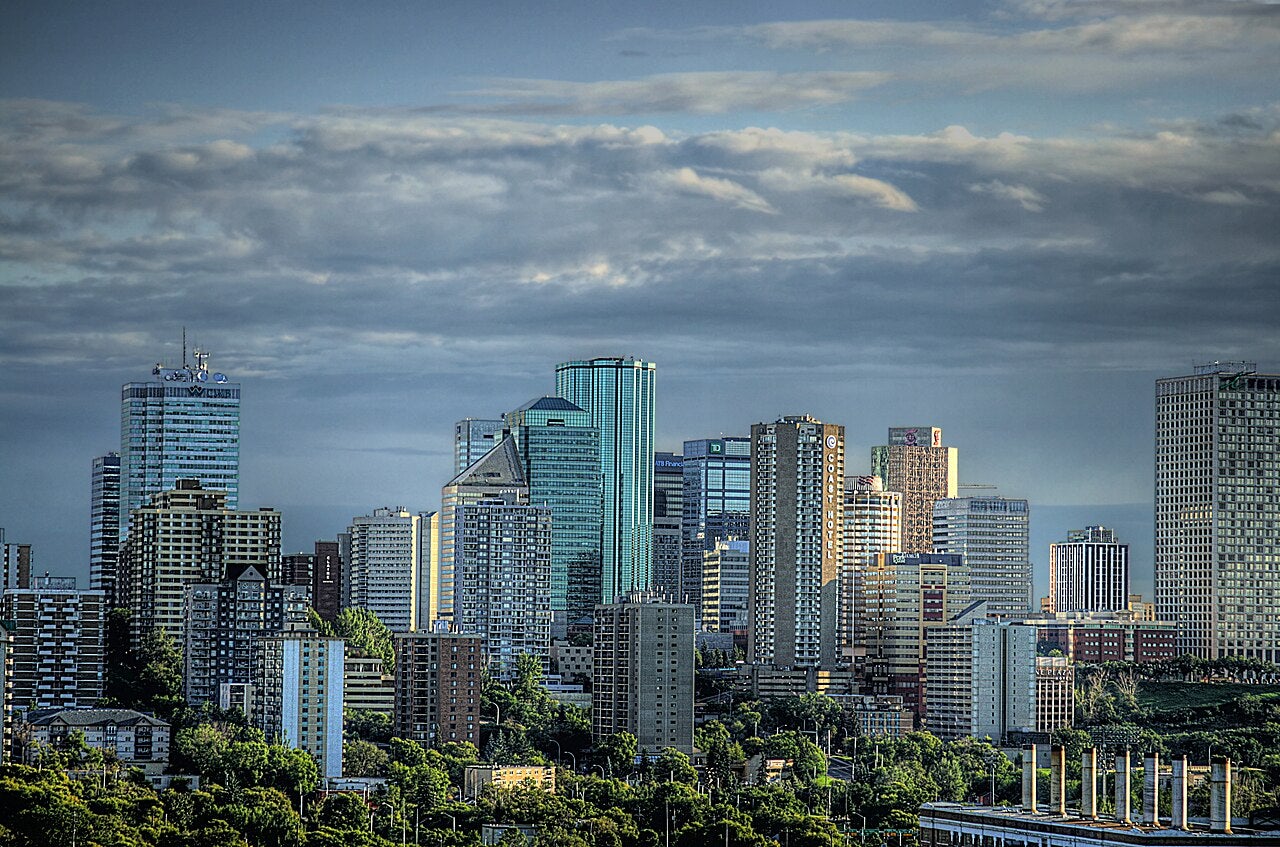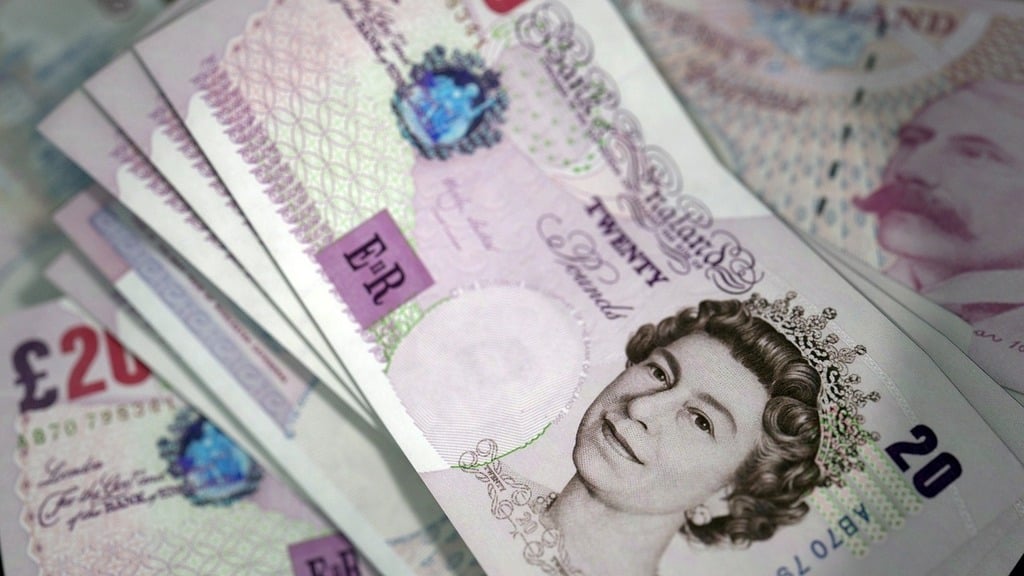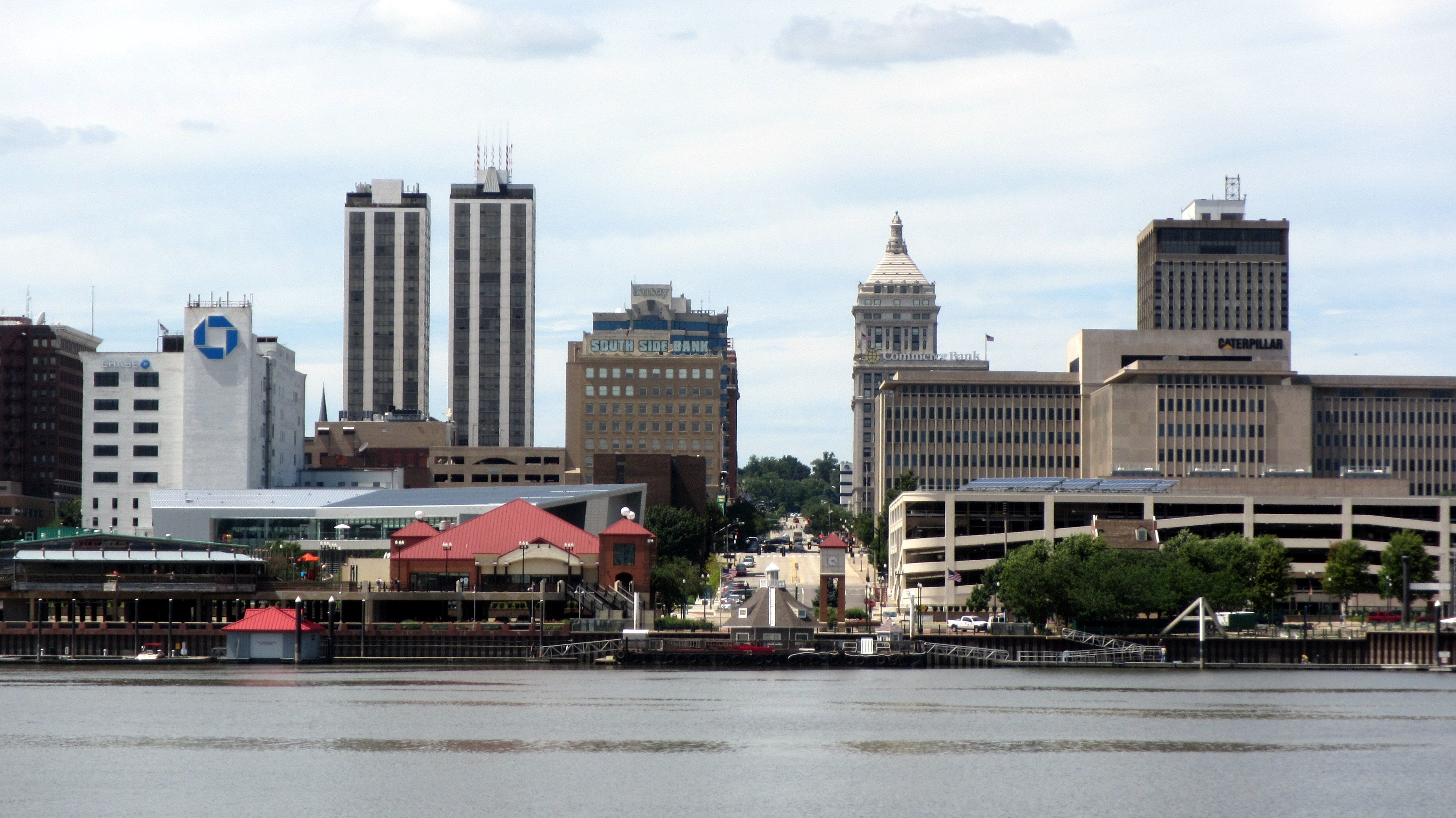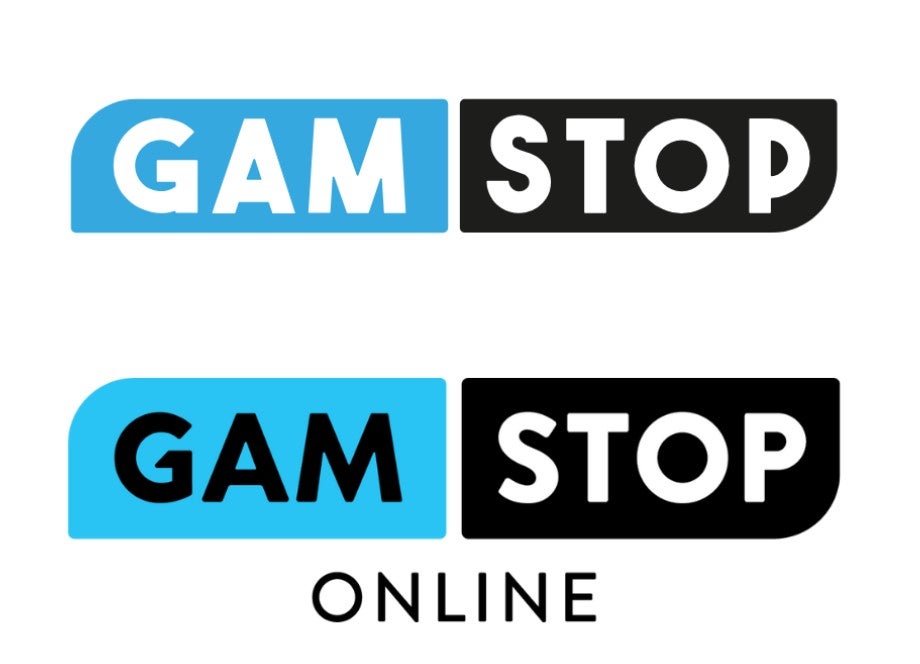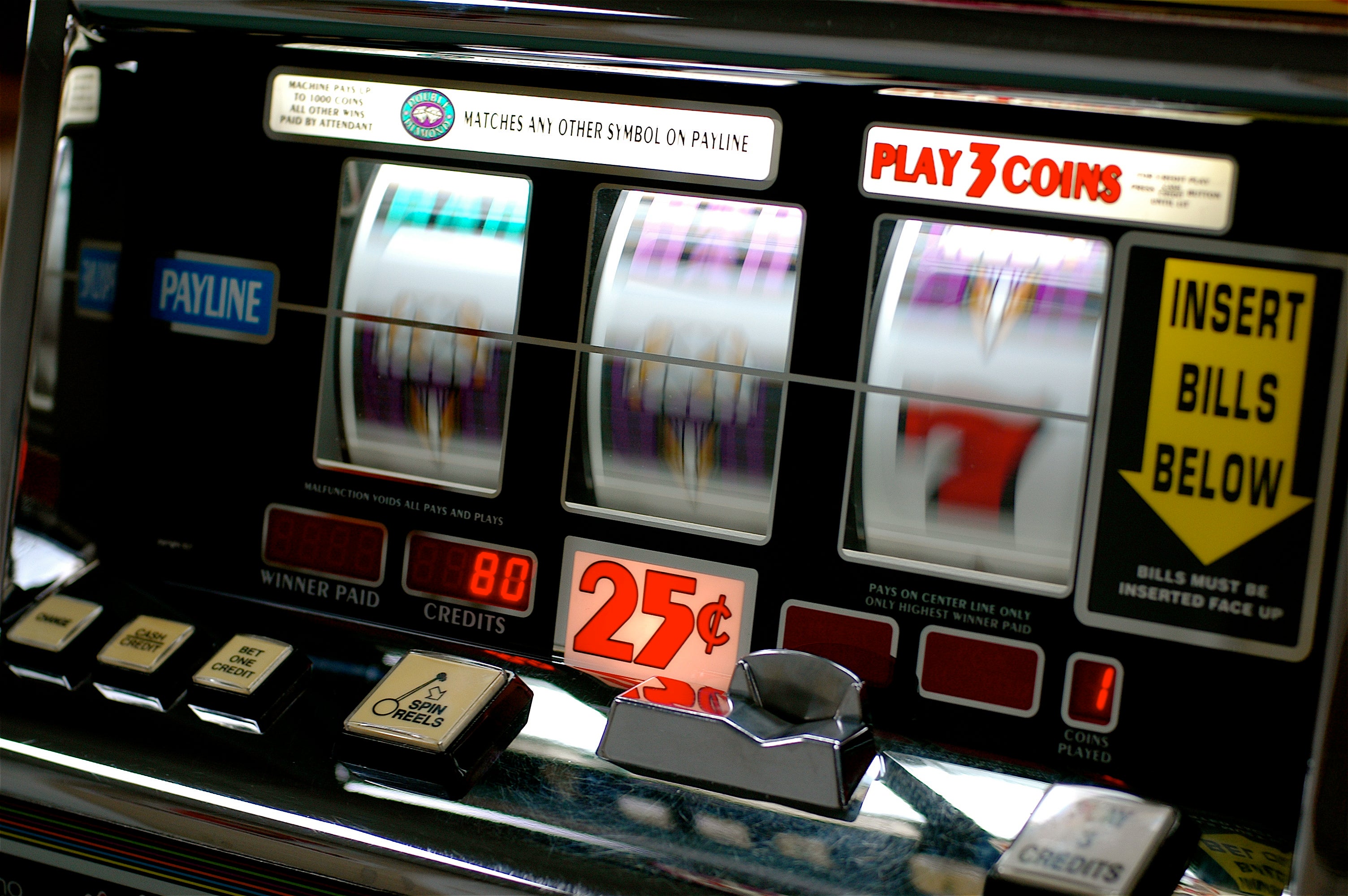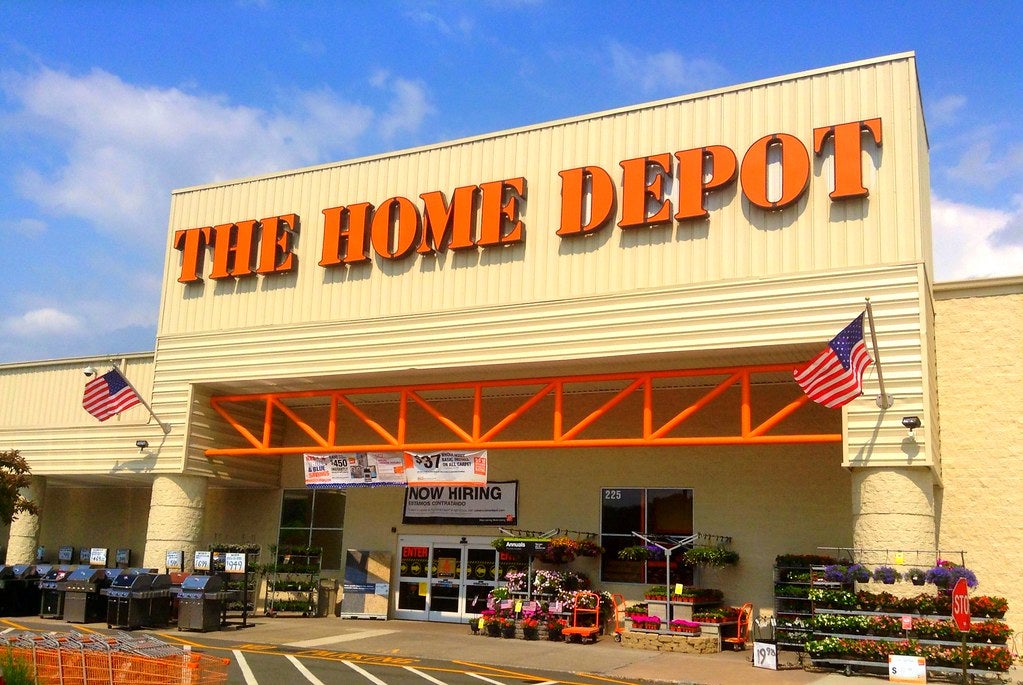The proposals
Video gambling was legalized in Illinois in 2009, though the change did not reach Chicago. The city would need to pass new legislation and share its tax revenue with the state before it could put the machines into the airports and local facilities.
Alderman Gilbert Vegas (D-36th Ward), who introduced one of the proposals, said that the high revenue potential of Chicago’s airports makes them an attractive landing spot for the machines.
“The General Assembly has provided this opportunity through the casino bill, yet we’re not taking advantage of capturing dollars from one of the busiest airports in the country,” said Villegas. “People are there, in some cases, one or two hours before. If their flight is delayed or they’re making a connection and there is a delay, there’s an opportunity to capture an audience that may not even be going to the city.”
Villegas’ proposal would charge operators $10,000 per license per location and $500 per gaming terminal. He estimated that annual revenue could hit $116.8 million annually, resulting in a hefty share for both Illinois and Chicago.
Alderman Anthony Beale (D-9th Ward) wants to see the machines in locations throughout Chicago that aren’t limited to airports. His proposal would allow the machines to also be put into local attractions such as bars and restaurants.
“We need to do it citywide and at the airports,” Beale said. “We need the revenue and this administration has not shown a willingness to find new revenue that’s not gonna hit the taxpayers in every household.”
Will video gaming machines work?
There’s a strong precedent of gambling machines in airports being lucrative. Las Vegas’ Harry Reid International Airport generated close to $40 million in annual revenue from its slot machines.
Illinois also recently placed a heavy priority on generating more tax money from its gaming industry.
In 2024, it changed its sports betting tax standard from a 15 percent flat rate to an adjustable 20 to 40 percent rate. Then, on July 1, it introduced a $.25-.50 per-bet tax for sportsbooks, a development that is expected to generate around $150 million in additional tax funding.
However, city officials still aren’t fully convinced. Chief Financial Officer Jill Jaworski cited a study that found that video gambling machines would only increase revenue by $10 million annually and could cannibalize slot machines at retail casinos.
The chairman of the City Council’s revenue subcommittee, Alderman William Hall (D-6th Ward) said that he expects to hold a second hearing on video gambling terminals next week.
Hall also said that there needs to be a priority on removing illegal sweepstakes machines from the city before the focus can be put on gambling expansion.


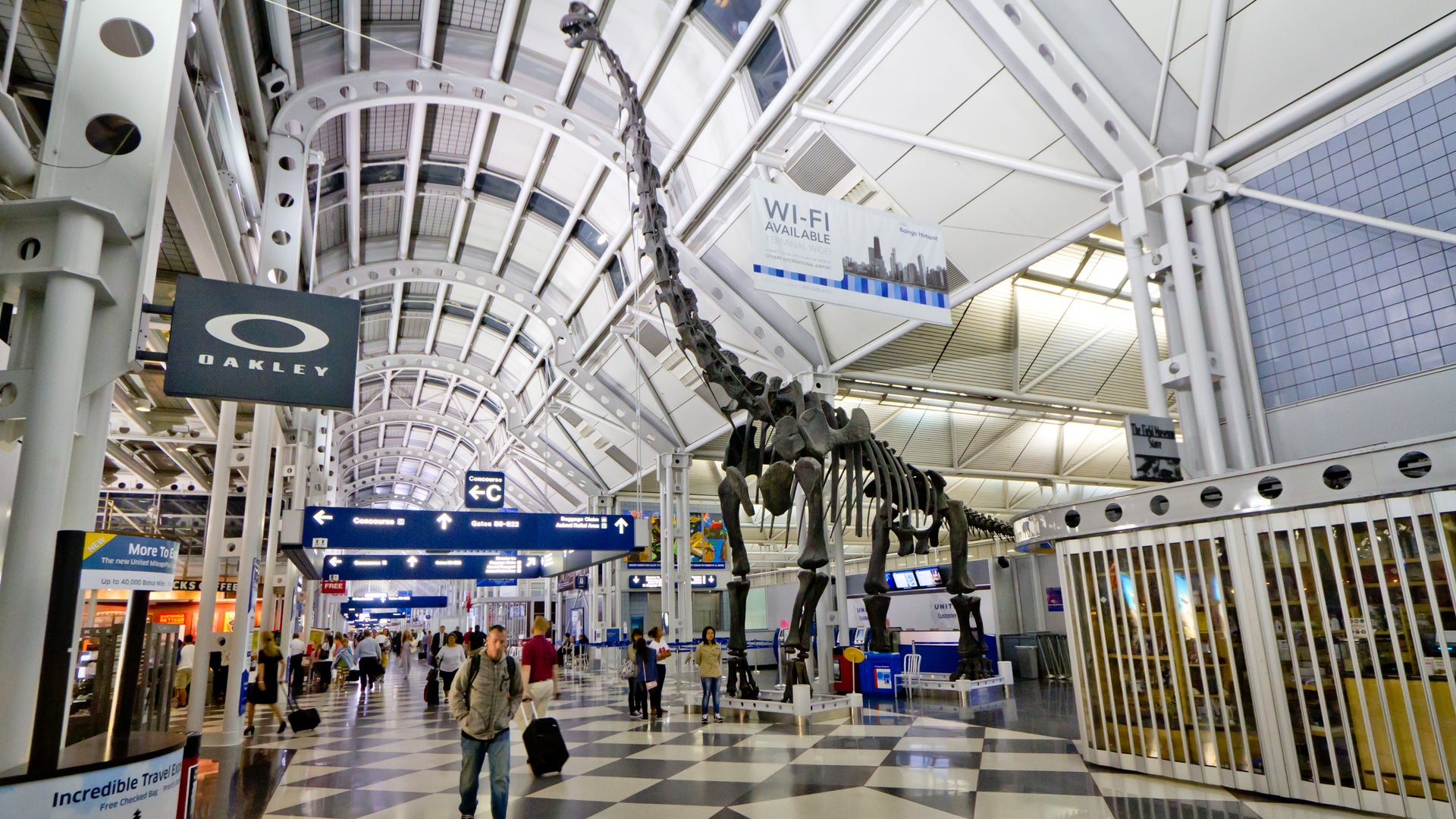


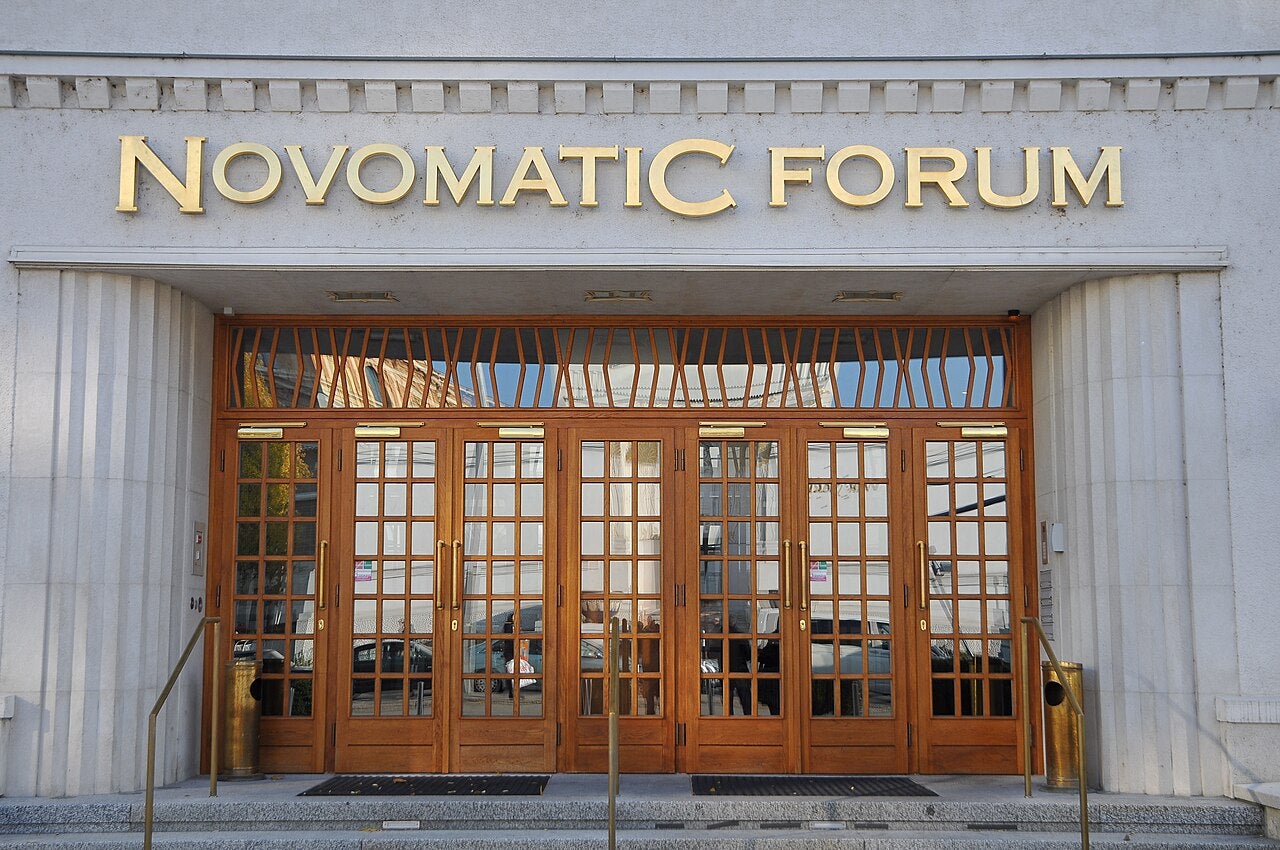
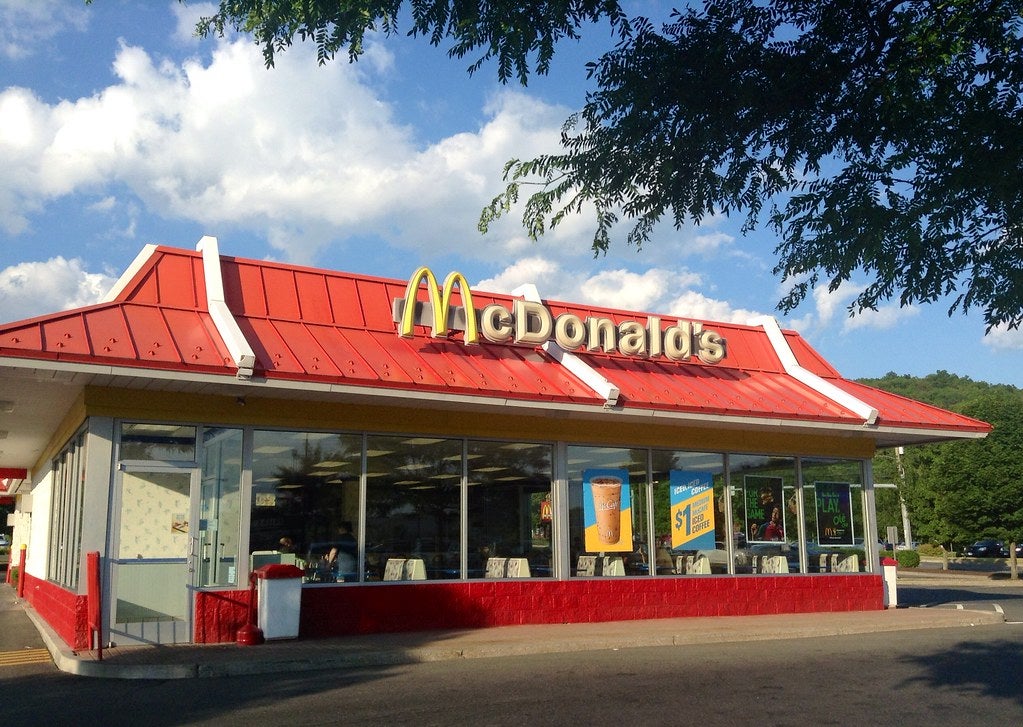
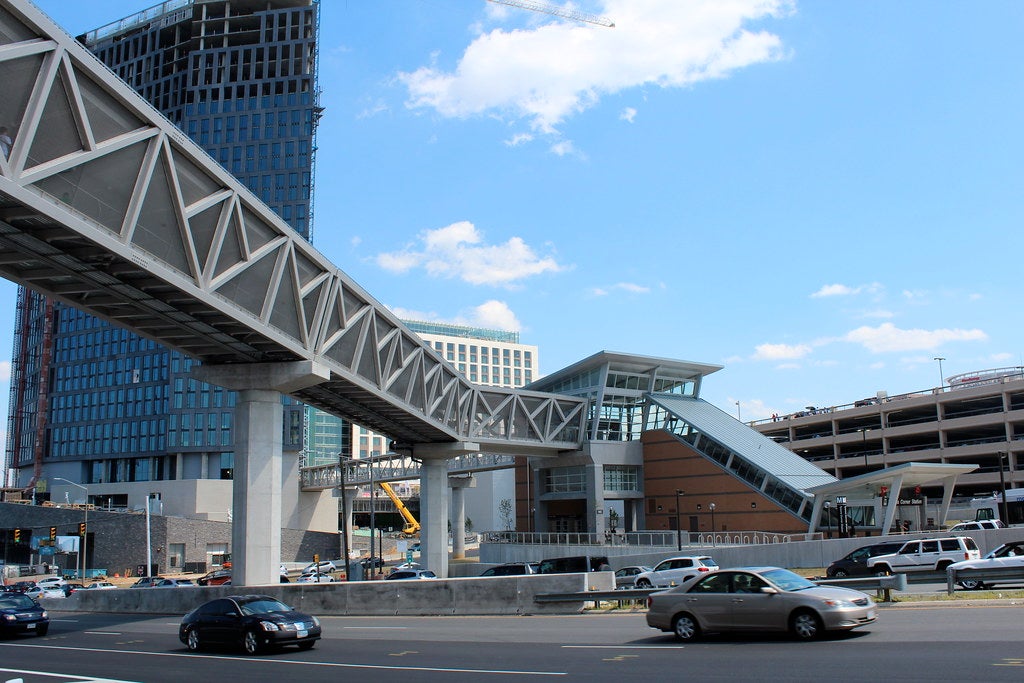

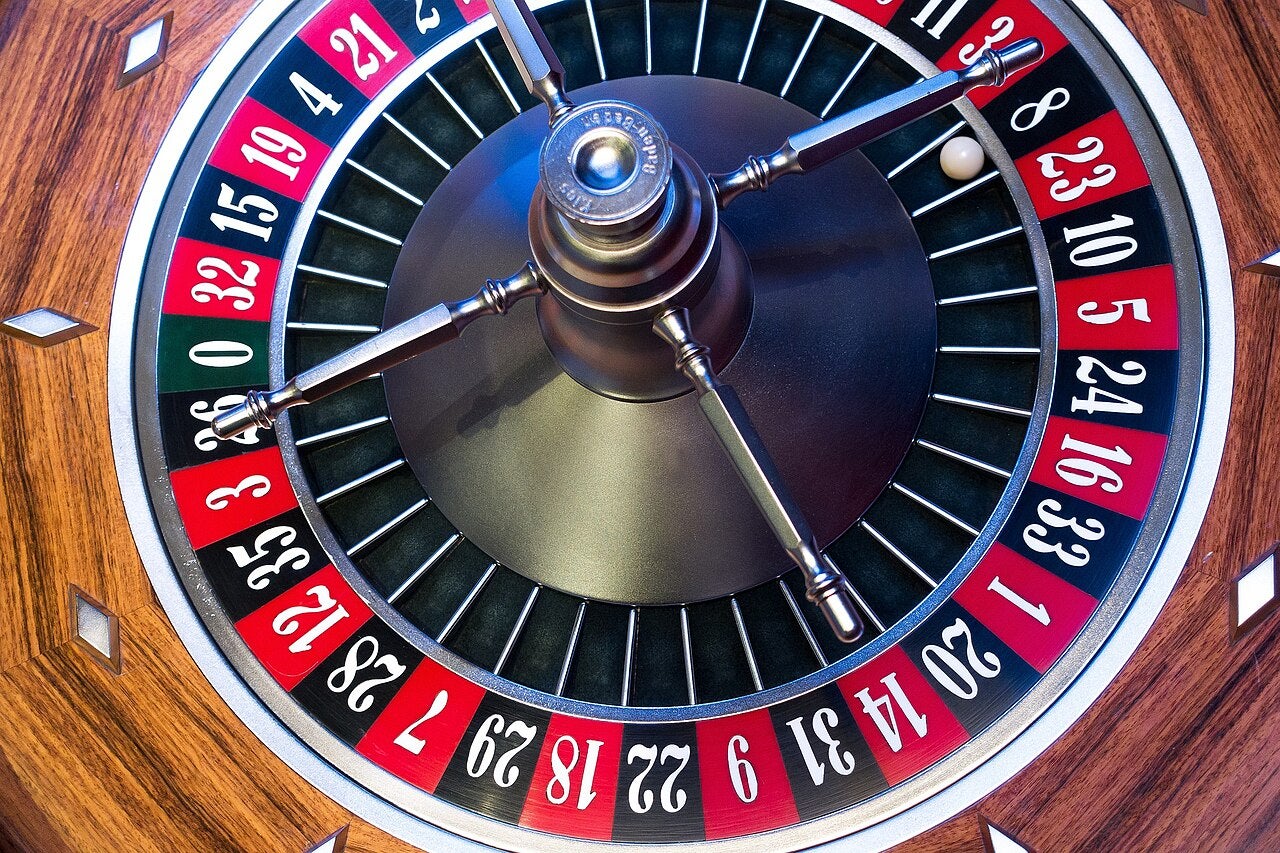
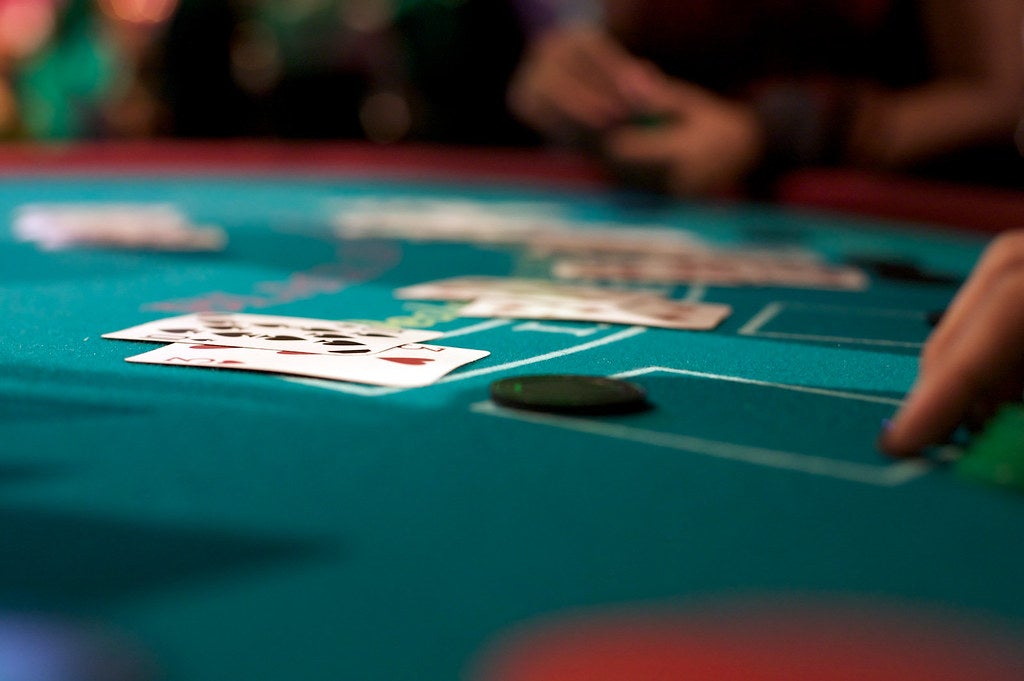

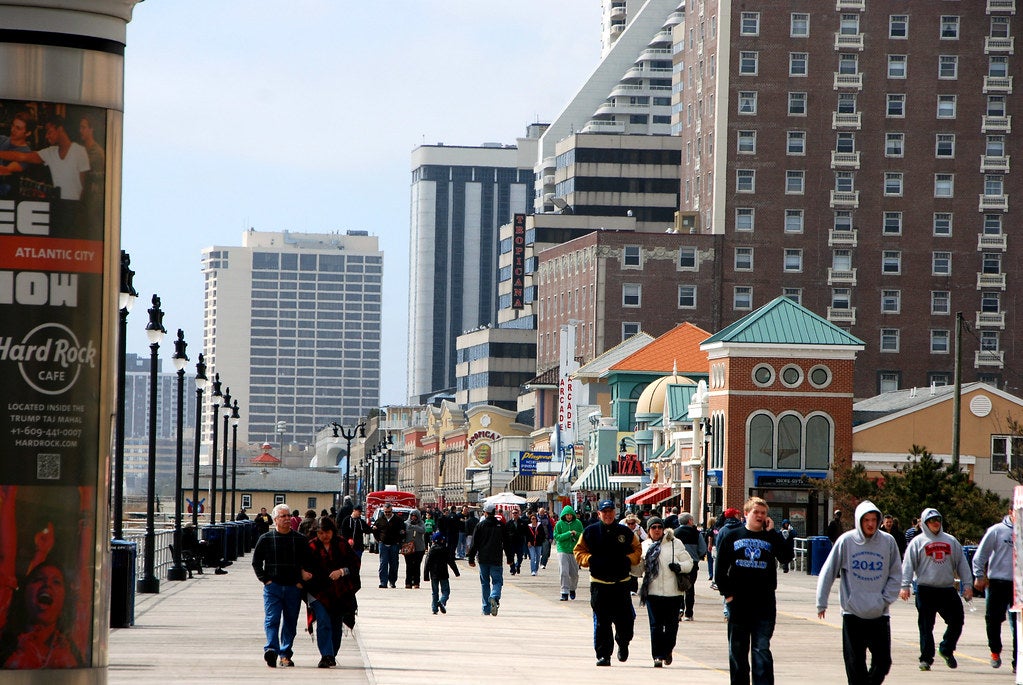
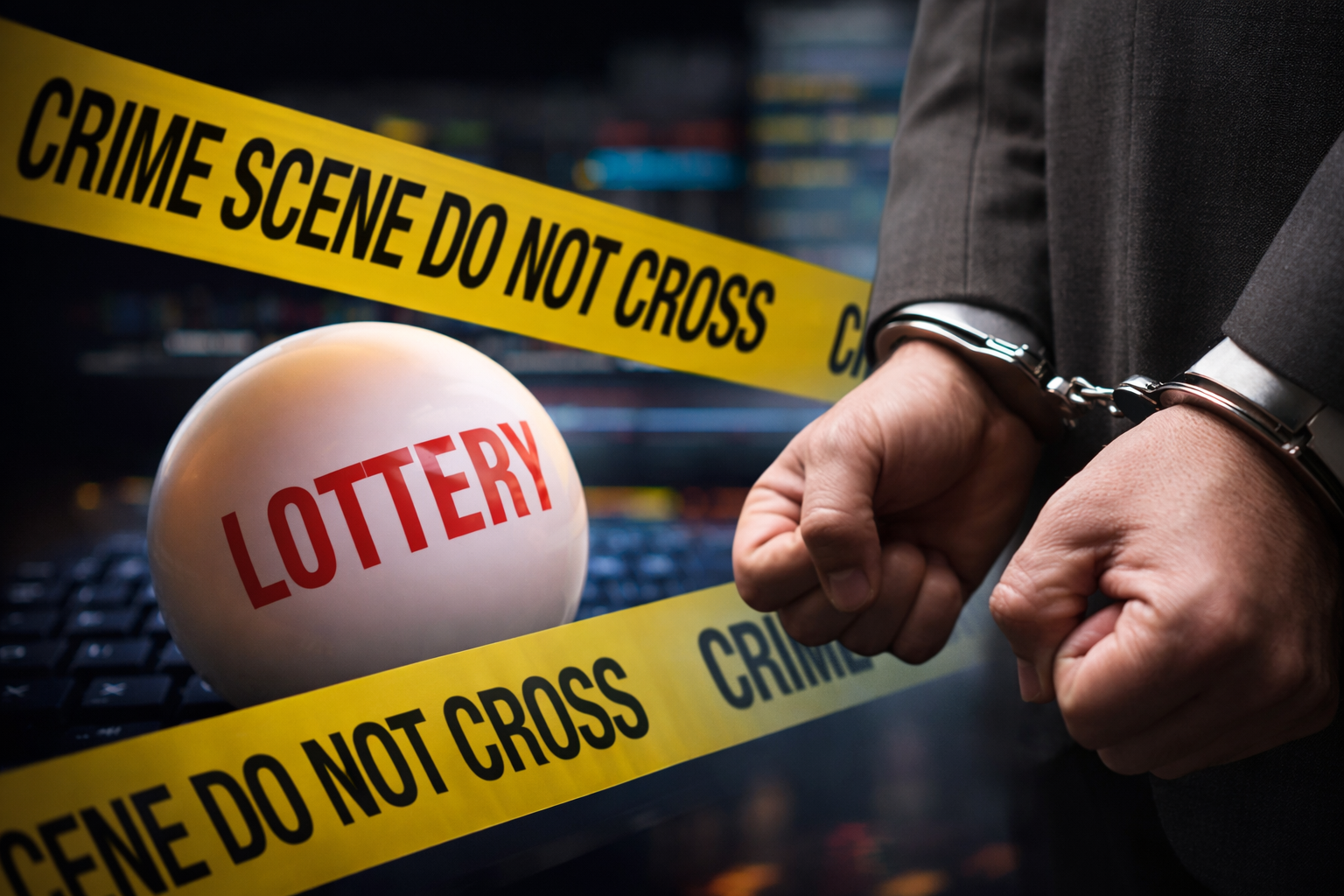
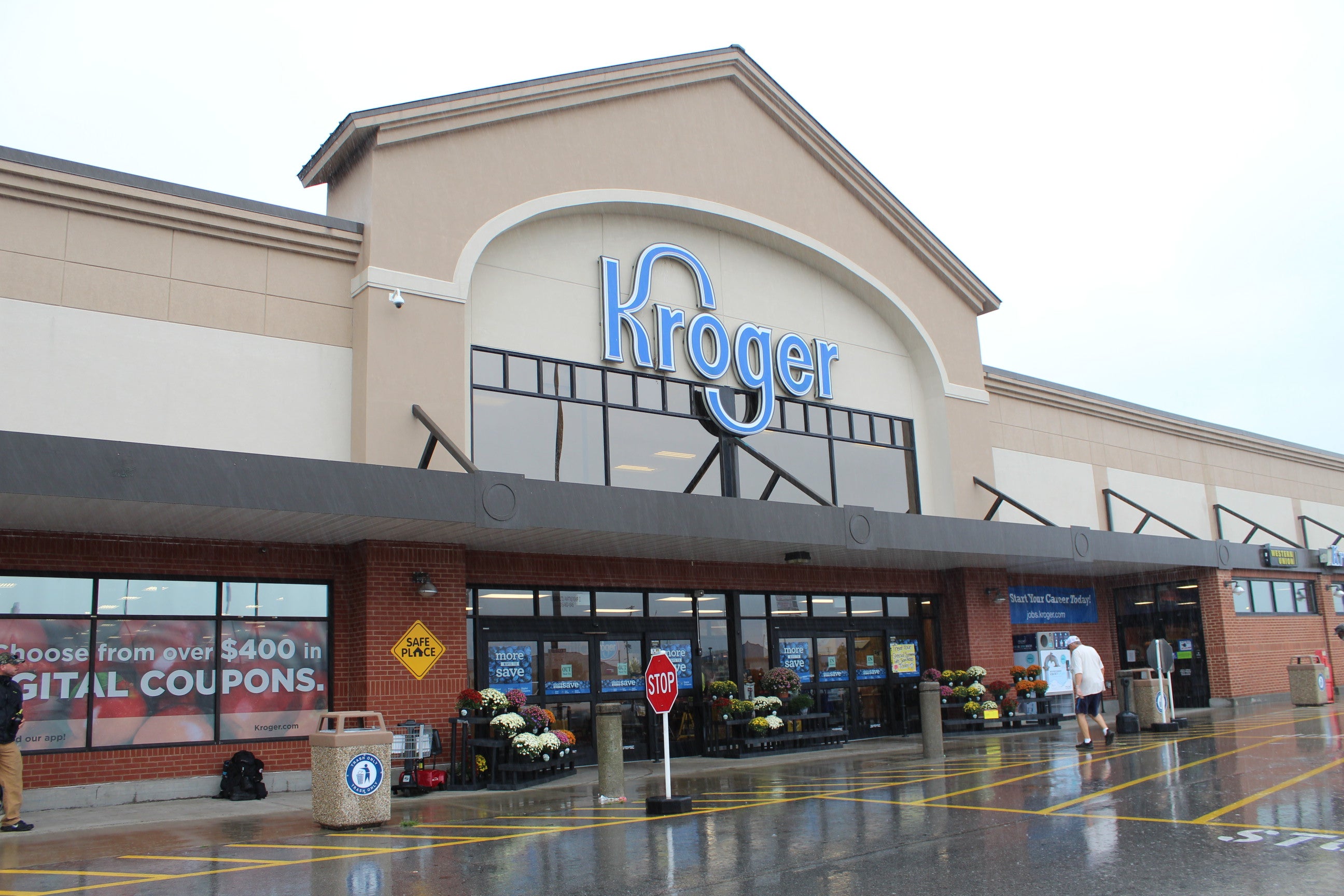

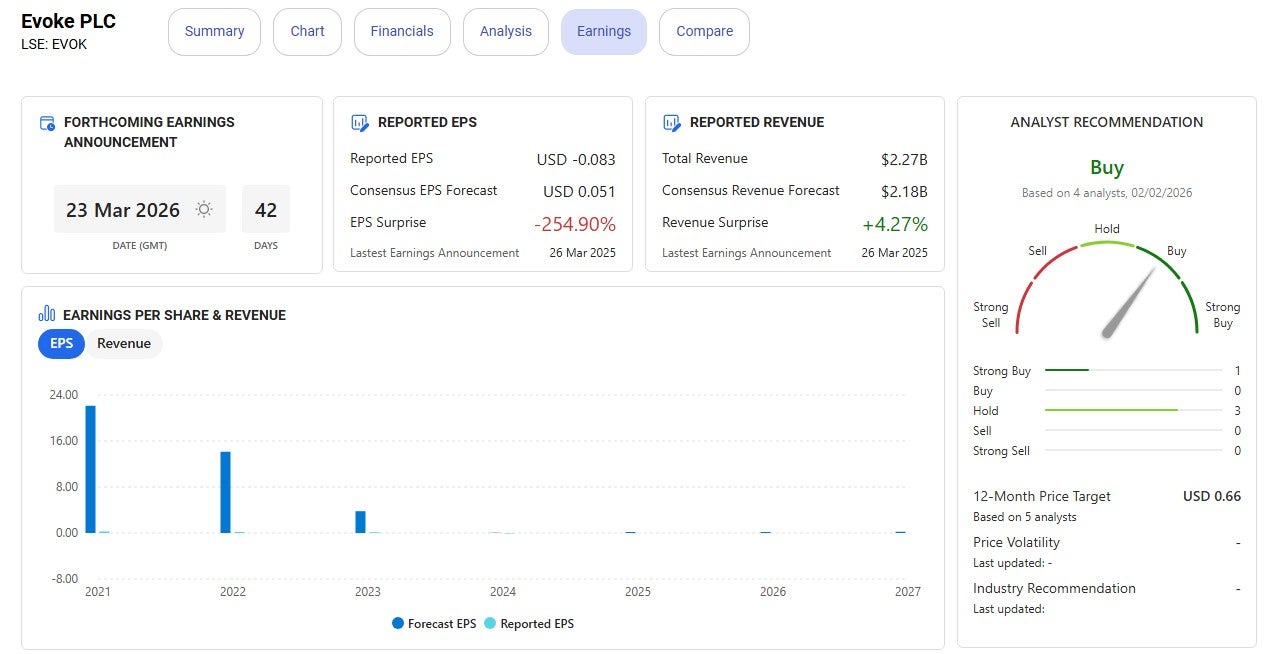

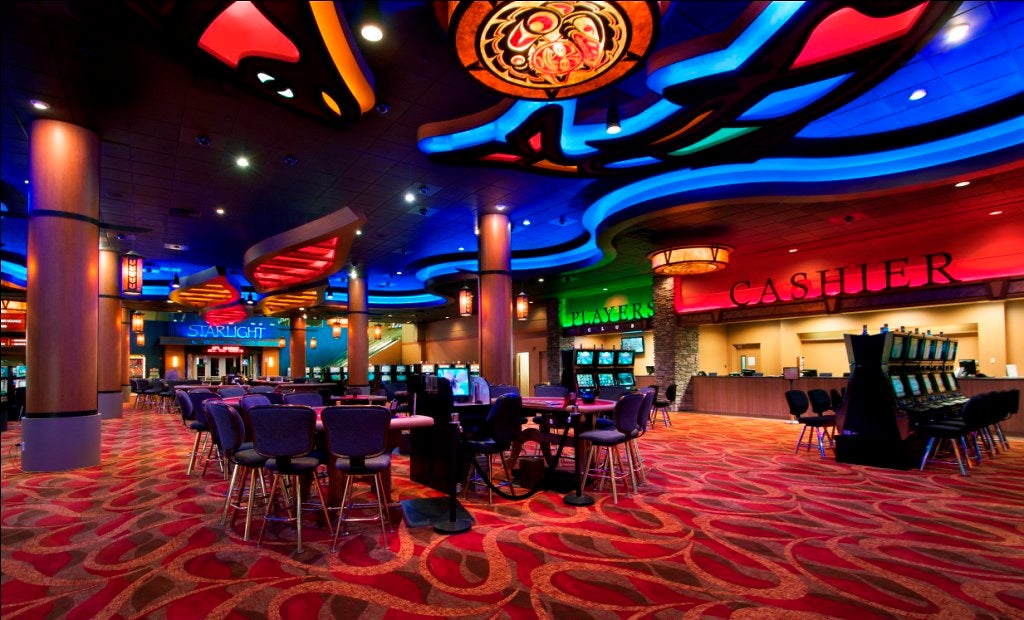
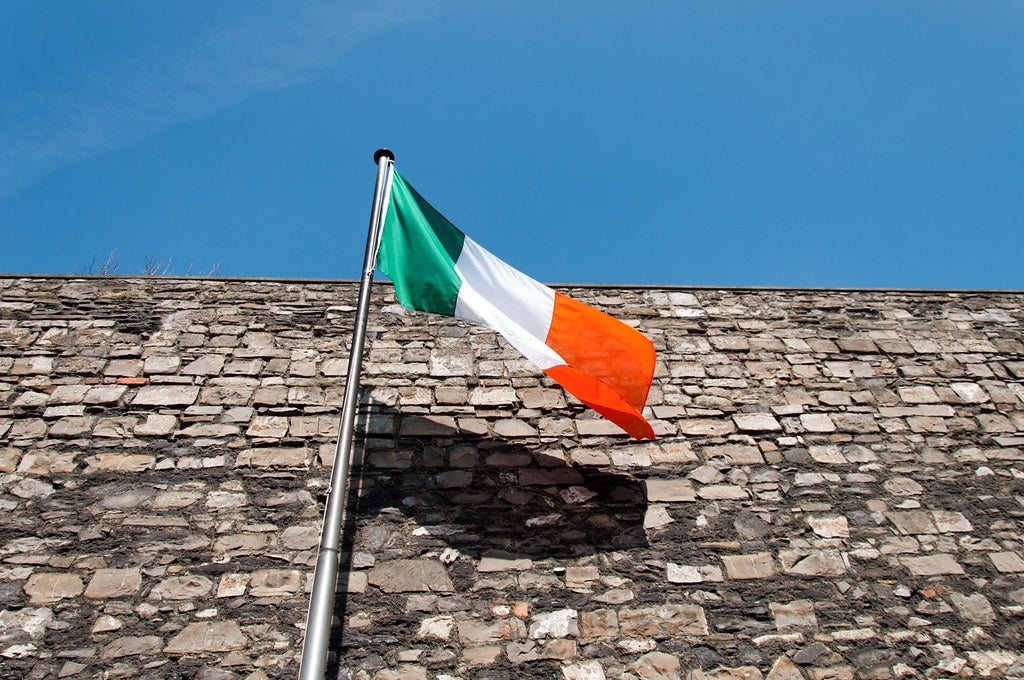
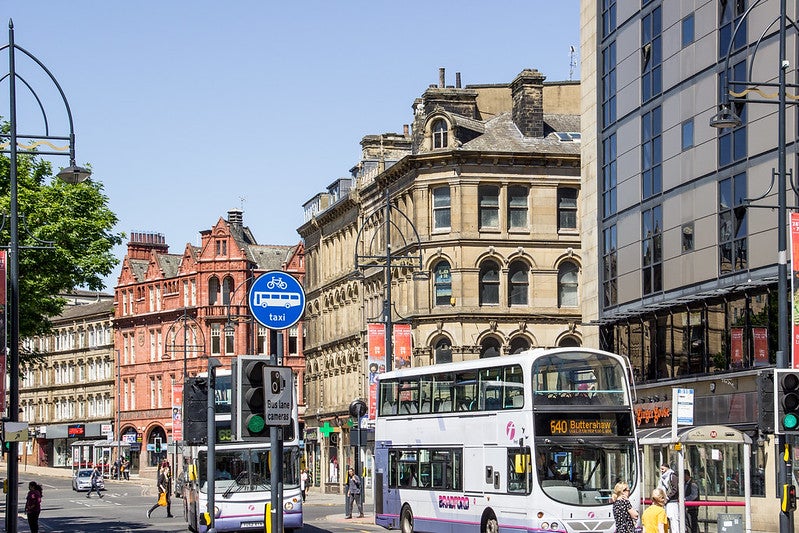


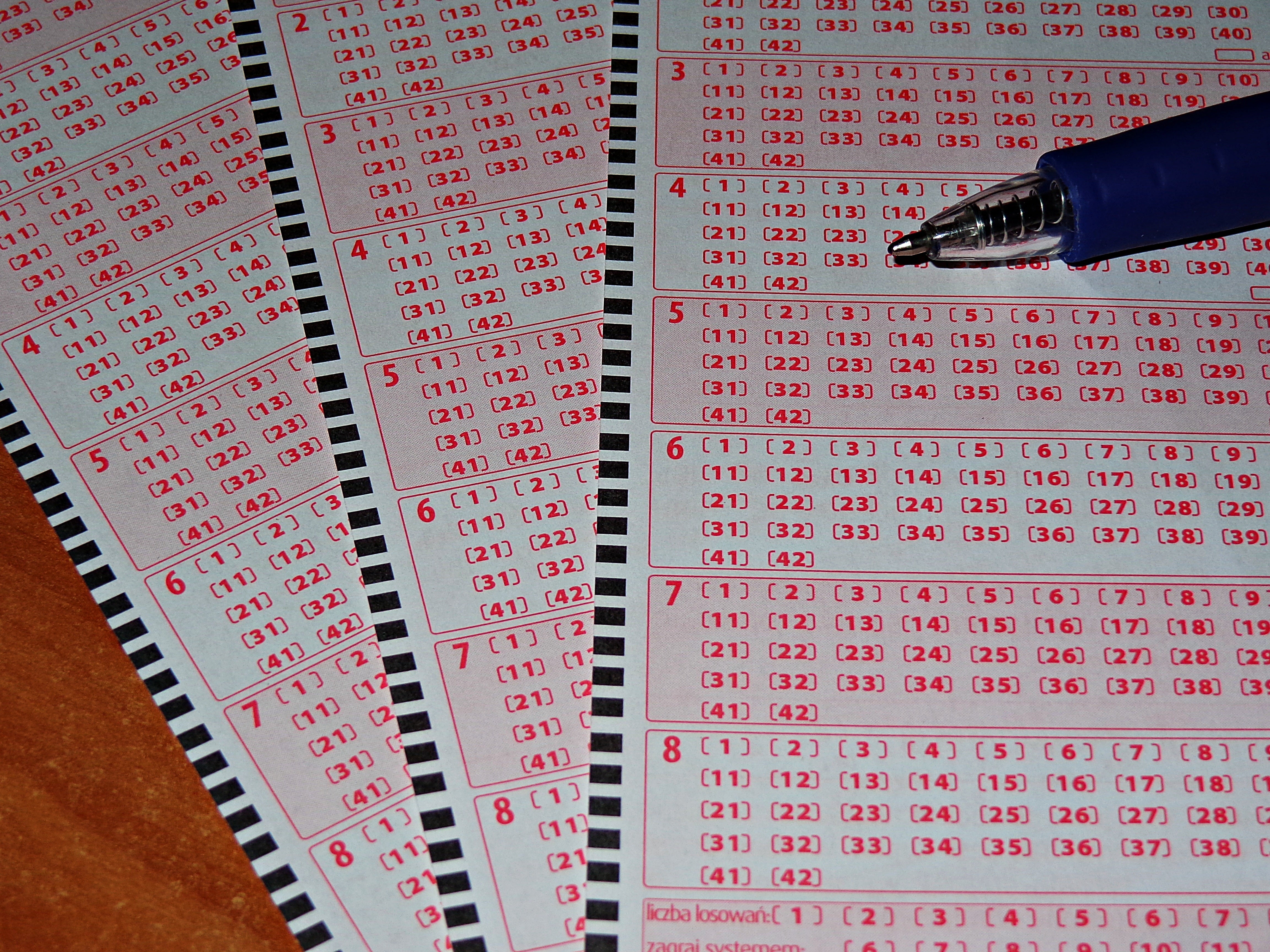
.jpg)
